Zhang Yun
Professor, School of International Relations, Nanjing University
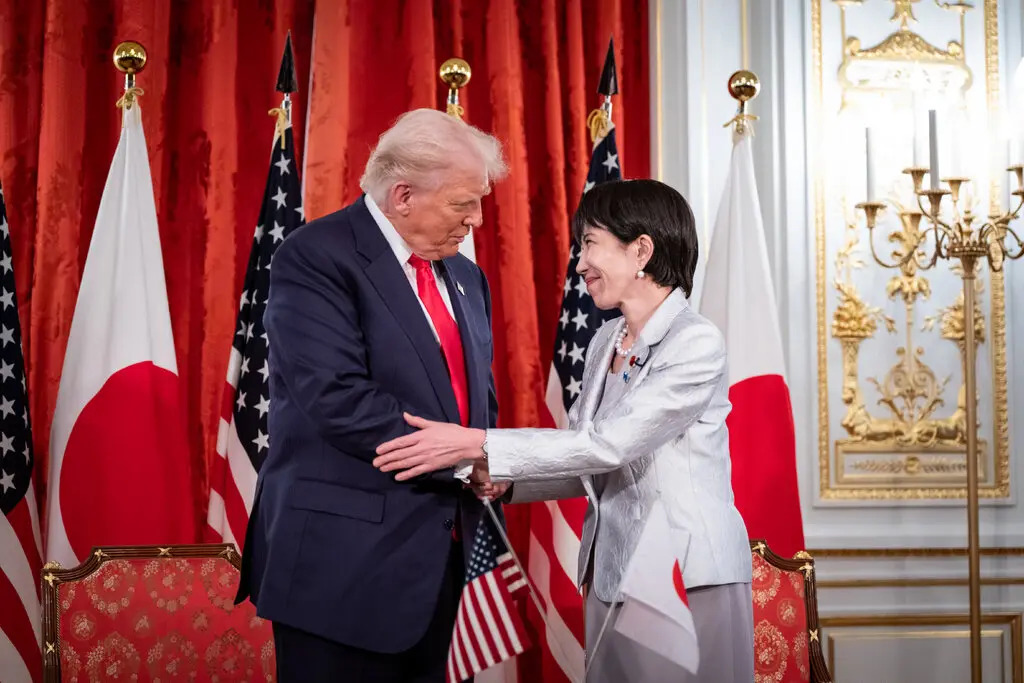
Nov 05, 2025
A stronger alliance between the U.S. and Japan poses significant challenges for China, but it’s important to recognize the internal and external constraints on Prime Minister Sanae Takaichi’s foreign policy. Actively identifying new areas of growth and nurturing the internal momentum of the relationship is essential.
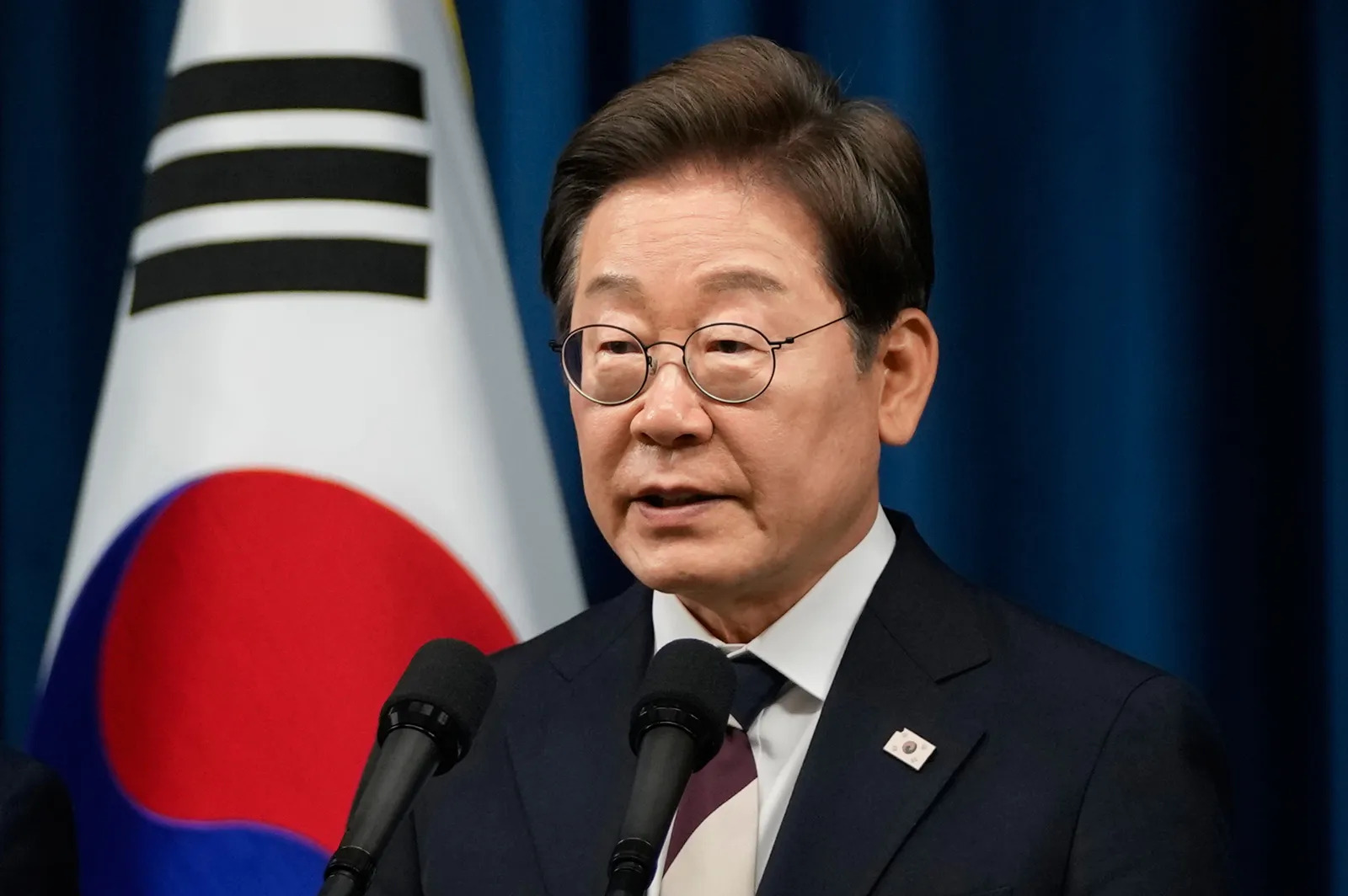
Sep 05, 2025
The trickiest problem for South Korea’s diplomacy is balancing the country’s relationships with the United States, China and Japan. Success hinges on consistent pragmatism in both domestic and international affairs.
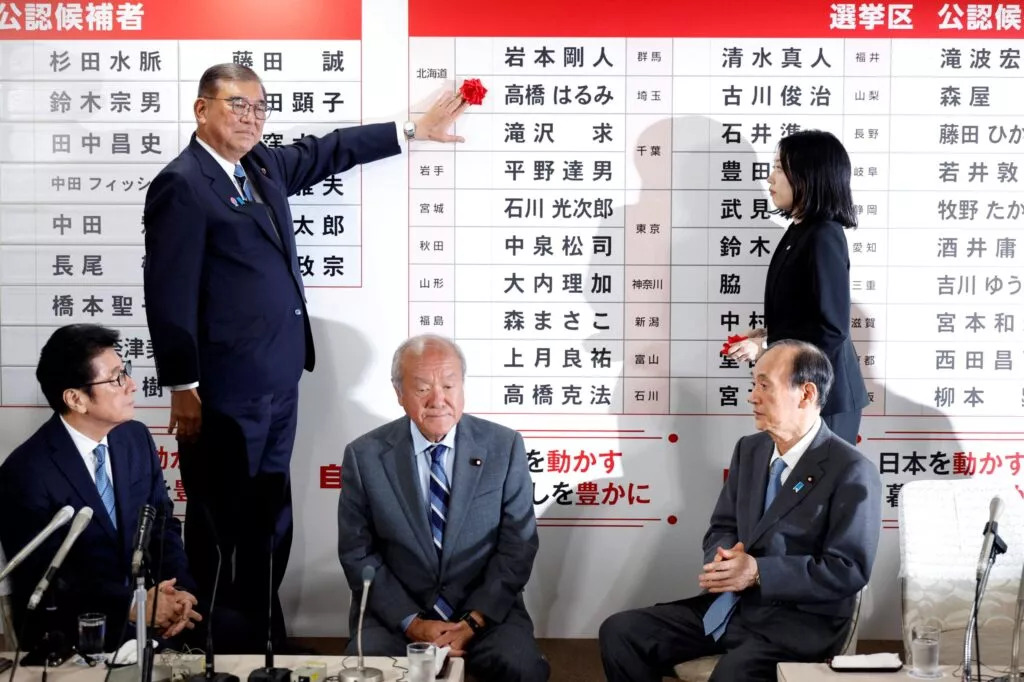
Aug 04, 2025
The results of the election in Japan’s House of Councillors highlight a key trend: An era of political fragmentation in Japanese party politics has arrived, and populist political forces are growing.
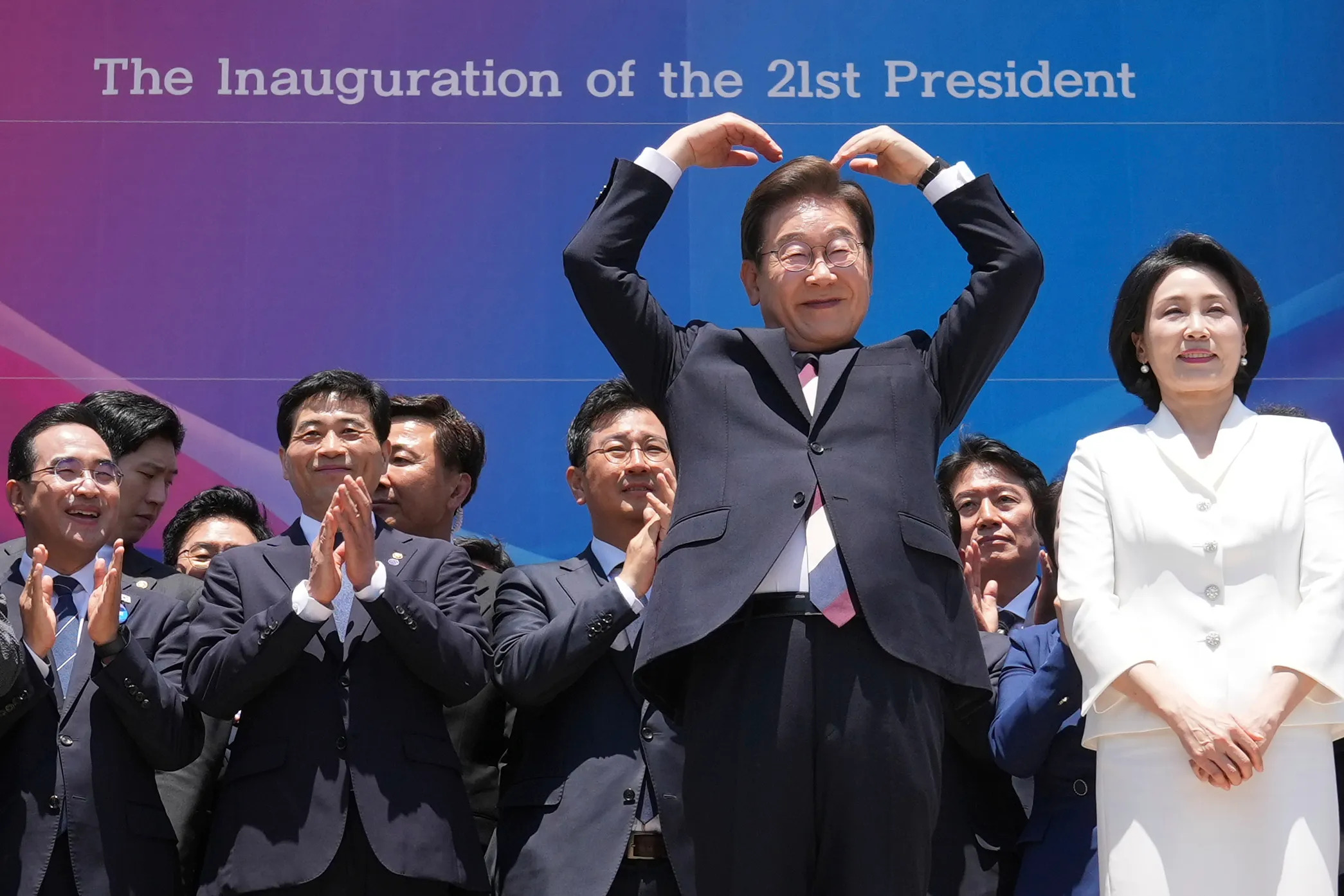
Jun 18, 2025
South Korean diplomacy needs to strike a balance between two sets of trilateral relationships — ROK-U.S.-Japan and ROK-China-Japan. It all boils down to pragmatism in domestic and international affairs.
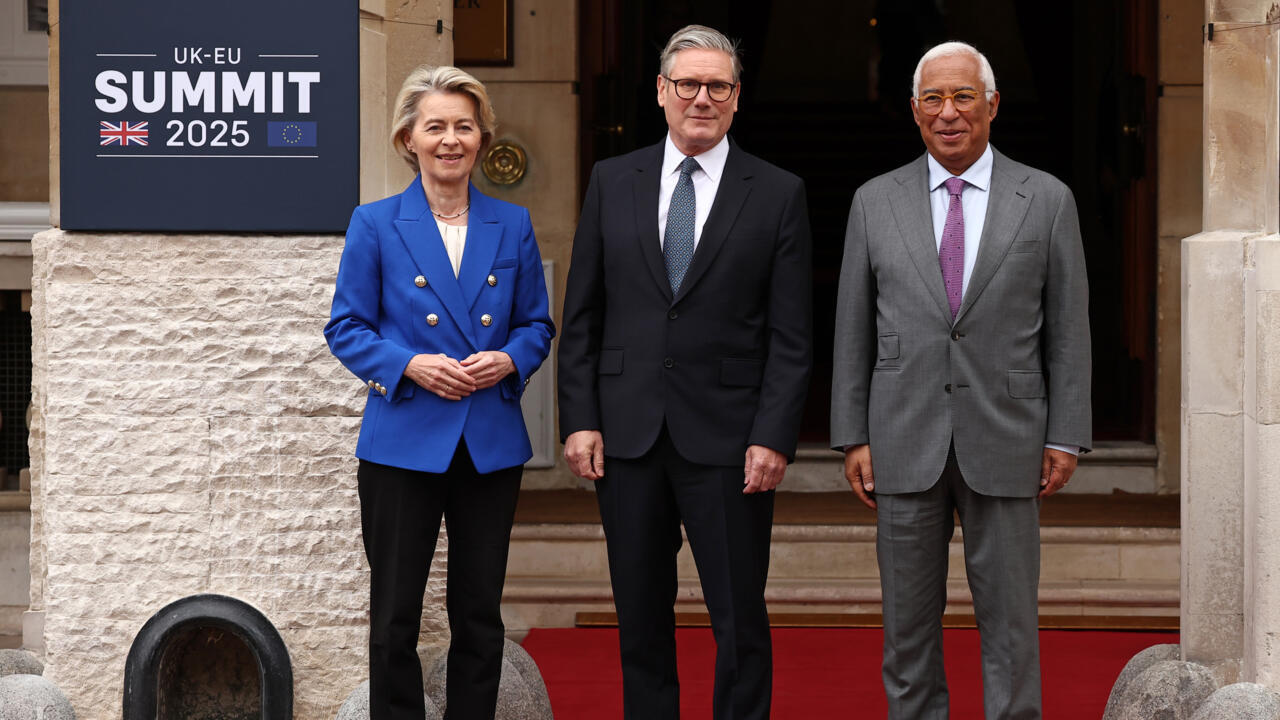
May 30, 2025
After reaching a consensus in their tariff negotiations in Geneva, China and the United States have significantly reduced their duties on each other. This has awakened countries around the world and inspired them to launch a new wave of regional integration.
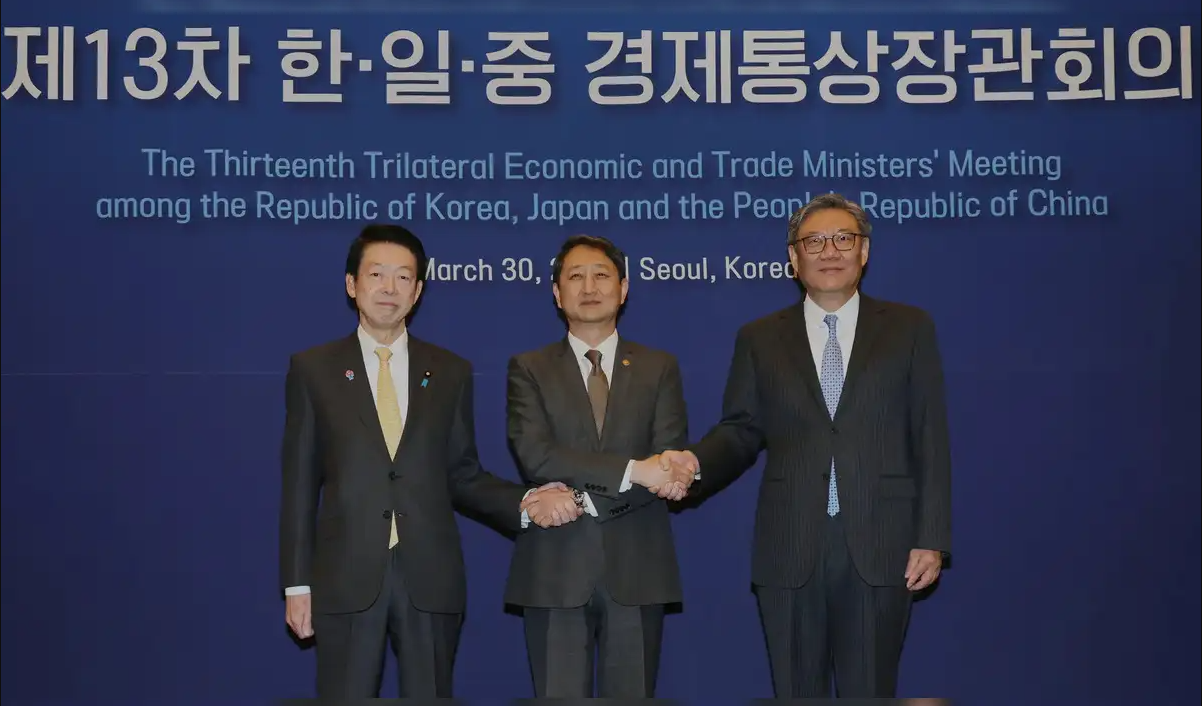
Apr 11, 2025
The tariffs will not spell the end of alliances between the United States and Japan or South Korea, but they are likely to promote a strategic awakening in both countries and accelerate the integration process in East Asia.
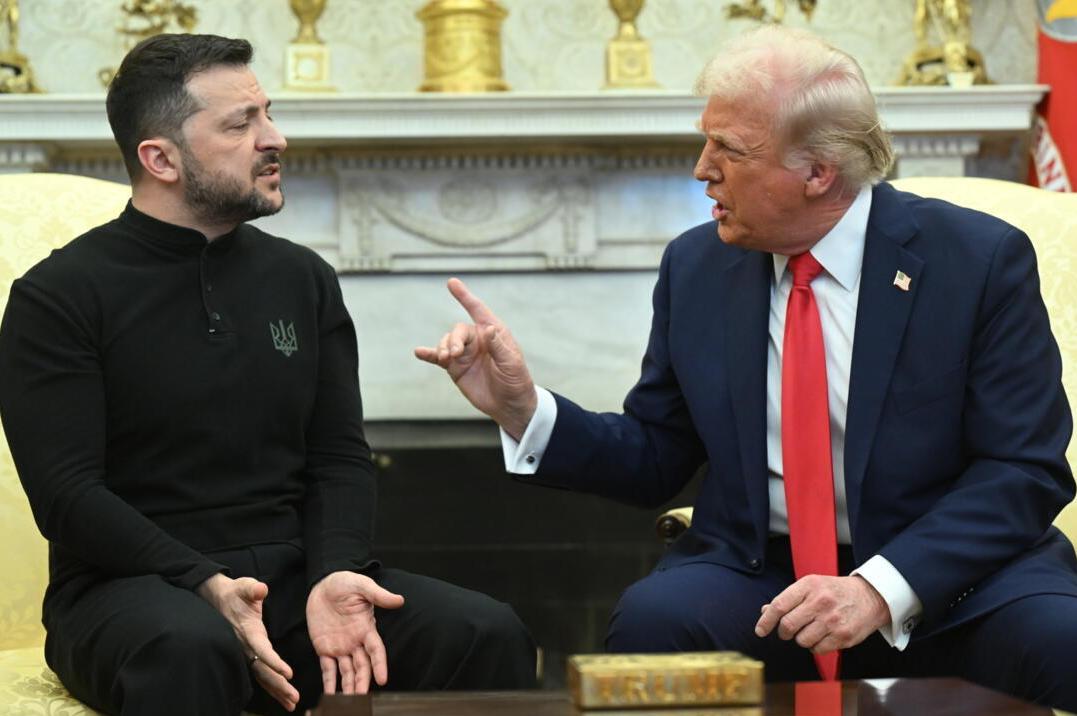
Mar 05, 2025
The future for European countries hinges on maintaining competitiveness and growth while safeguarding the quality of life of their citizens. The shock delivered by Donald Trump and Vladimir Putin could hasten Europe’s long-overdue strategic awakening.

Feb 21, 2025
U.S. allies in the long run are expected to pursue greater strategic autonomy, which means defining their national interests outside of American influence. Their policies toward China are therefore likely to continue evolving in a pragmatic and nuanced direction.
Dec 24, 2024
The election of Donald Trump to a second term signals that the United States will temporarily step back from the next wave of globalization. As a consequence, Japan’s future security will lie in its deep integration into the processes of globalization and regional integration. This raises an opportunity for improving China-Japan relations.
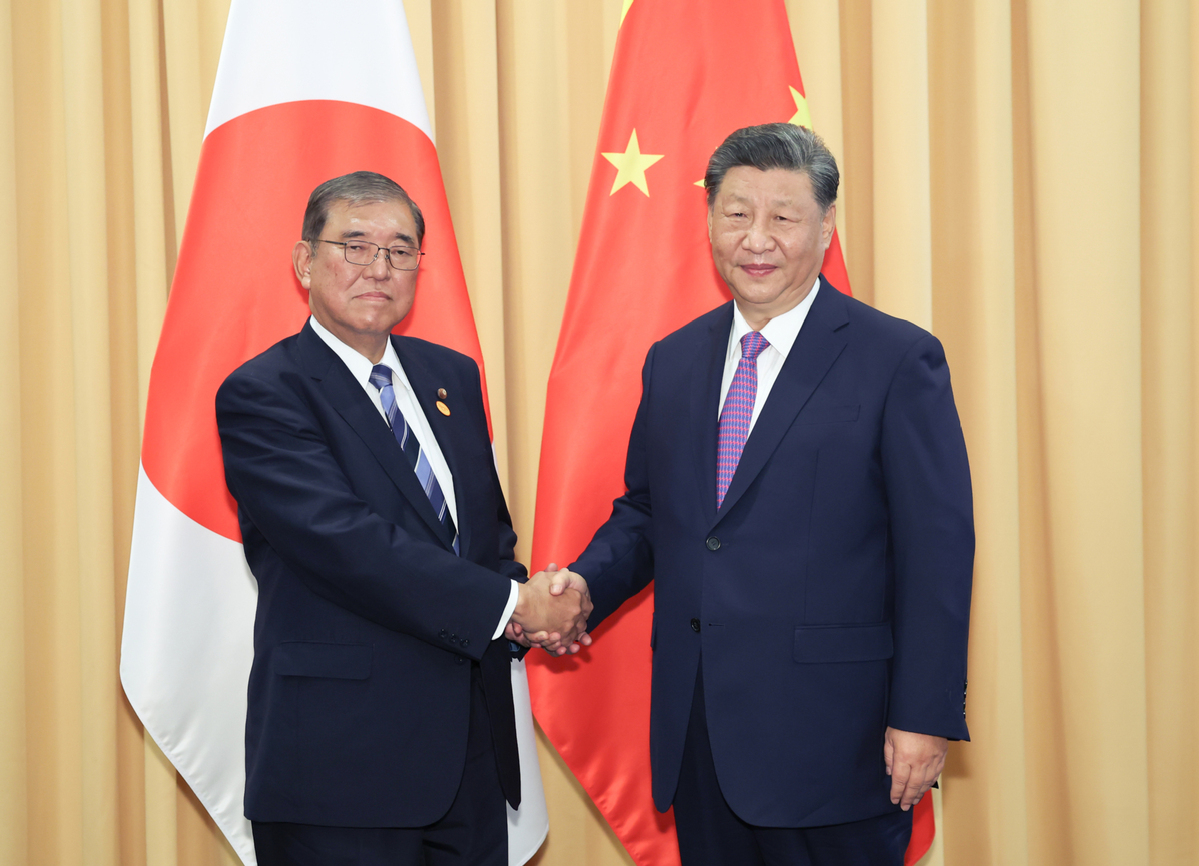
Dec 20, 2024
From Shinzo Abe’s concept of escaping the postwar regime to Shigeru Ishiba’s idea of postwar political settlement, the trajectory of Japan’s political evolution is becoming increasingly apparent. For both China and the United States, responding to a Japan that embraces strategic autonomy poses a significant strategic challenge.
